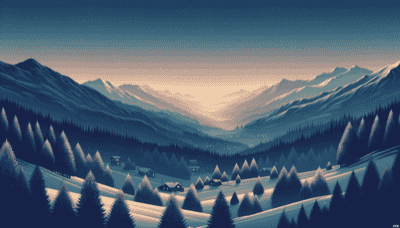We're here to help you keep count of the days to or since a date. Just click the button below and enter your chosen date to get started. Also choose the suggested days or search for a special day above #countingthedays

The December Solstice, also known as the summer solstice in the Southern Hemisphere, is an astronomical event that marks the day when the sun reaches its southernmost point in the sky. In eSwatini (formerly known as Swaziland), this occurs on or around December 21st or 22nd each year and signifies the beginning of summer.
eSwatini, like many cultures around the world, has a deep-rooted connection with the cycles of nature. While there is no widespread historical tradition specifically celebrating the December Solstice, various cultural festivities are closely tied to seasonal changes and agricultural cycles.
One of the notable cultural events that align with the seasonal cycle is Incwala, sometimes referred to as "the Festival of First Fruits" or "Kingship Ceremony," which usually takes place in December or January. Though not directly linked to the solstice itself, Incwala is a significant event that involves rituals and ceremonies to mark new beginnings and pray for renewal and blessings from ancestors for the coming year.
On the day of the December Solstice:
Overall, while eSwatini does not have widespread traditions specifically dedicated to celebrating the December Solstice, its occurrence falls within a period marked by important cultural events that reflect on renewal, kingship, and agriculture.